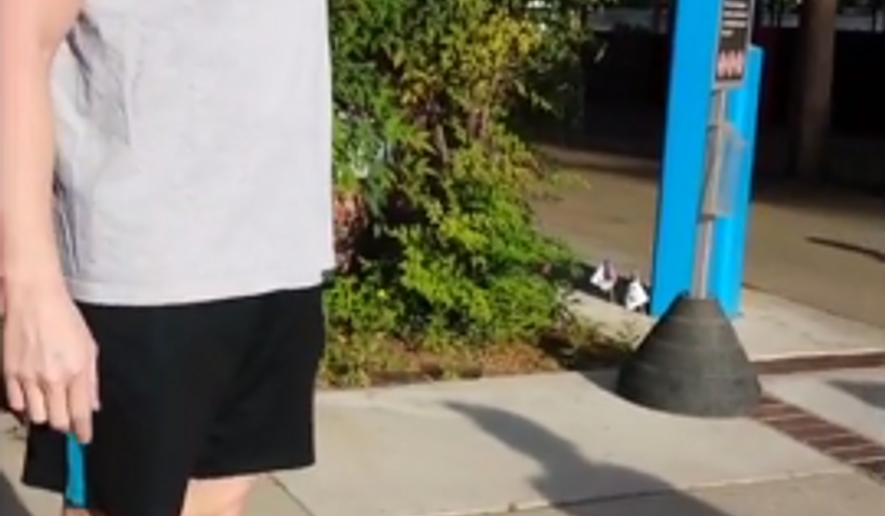A Kentucky appeals court has upheld the conscience rights of a Christian printer who refused to make shirts promoting a gay-pride festival.
In the 2-1 decision handed down Friday, Chief Judge Joy A. Kramer said she found no evidence that the store owner “refused any individual the full and equal enjoyment of goods, services, facilities, privileges, advantages, and accommodations it offered to everyone else because the individual in question had a specific sexual orientation or gender identity.”
Blaine Adamson is the owner of Hands On Originals, a Christian company that prints messages on T-shirts, pens, mugs and other accessories.
He declined in 2012 to create shirts promoting the Lexington Pride Festival, an event put on by the Gay and Lesbian Services Organization, because he said the message on the shirts ran contrary to his beliefs.
Although Mr. Adamson referred the gay-rights group to another printing company that would fulfill the order, the LGBT advocates filed a complaint with the Lexington-Fayette Urban County Human Rights Commission arguing they had been discriminated against.
In 2014, the agency ordered Mr. Adamson to make the shirts.
Jim Campbell, senior counsel for the Alliance Defending Freedom, which filed the lawsuit on behalf of Mr. Adamson, praised Friday’s ruling as a win for freedom of speech and religion.
“Americans should always have the freedom to believe, the freedom to express those beliefs, and the freedom to not express ideas that would violate their conscience,” Mr. Campbell said in a statement. “Today’s decision is a victory for printers and other creative professionals who serve all people but cannot promote all messages.”
The decision is part of an ongoing debate about whether Christian vendors, such as florists, photographers or bakers, must service same-sex weddings or promote the LGBT movement’s message through their work.
Mr. Adamson has stressed that he is willing to serve all customers, regardless of who they are or what they believe.
“But when they present a message that conflicts with my convictions, it’s not something that I can print,” he said in a video released in 2015. “That’s the line for me.”
The printer also said he regularly does business with the LGBT community and employs people who identify as gay.
In his dissenting opinion, Judge Jeff S. Taylor argued Mr. Adamson engaged in “deliberate and intentional discriminatory conduct” in violation of a local non-discrimination ordinance.
He also said creating the rainbow-themed shirts would not have really violated Mr. Adamson’s religious beliefs.
“For those of us who grew up in the 60s and 70s, a rainbow was a symbol of peace; others view rainbows as symbolic of love, life, hope, promise, or even transformation,” Judge Taylor wrote. “Even the Bible provides that a rainbow is a sign from God.”
Bryan Beauman, co-counsel for Mr. Adamson, said religious people “can decide for themselves the ideas and beliefs that they choose to express.”
• Bradford Richardson can be reached at brichardson@washingtontimes.com.




Please read our comment policy before commenting.